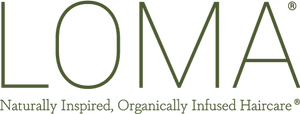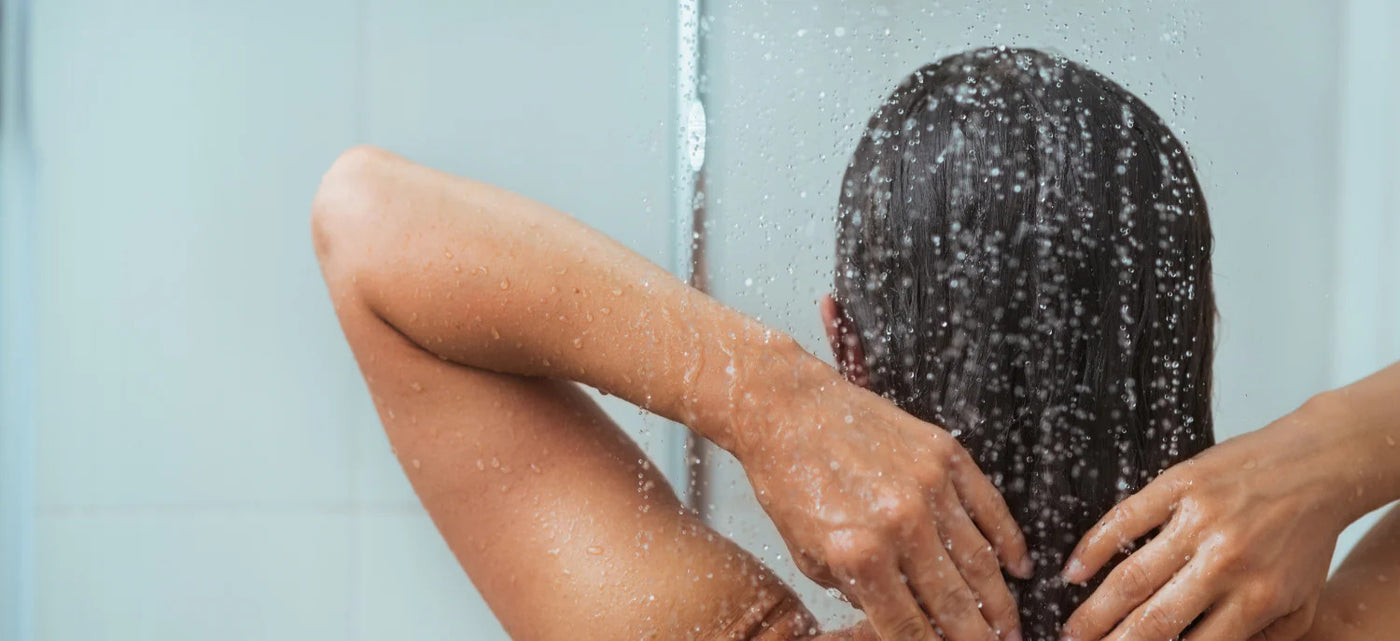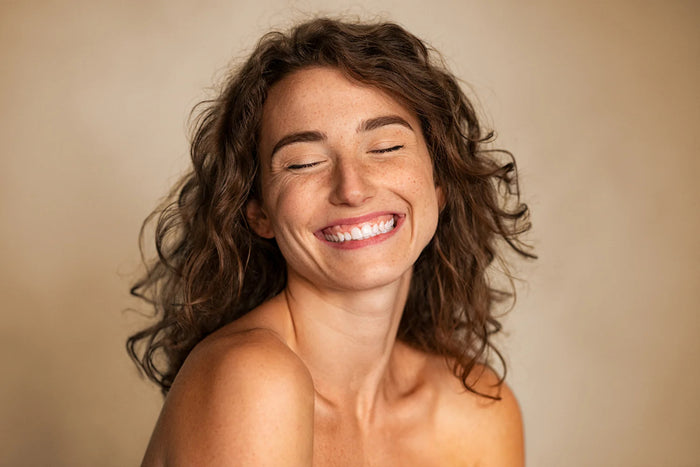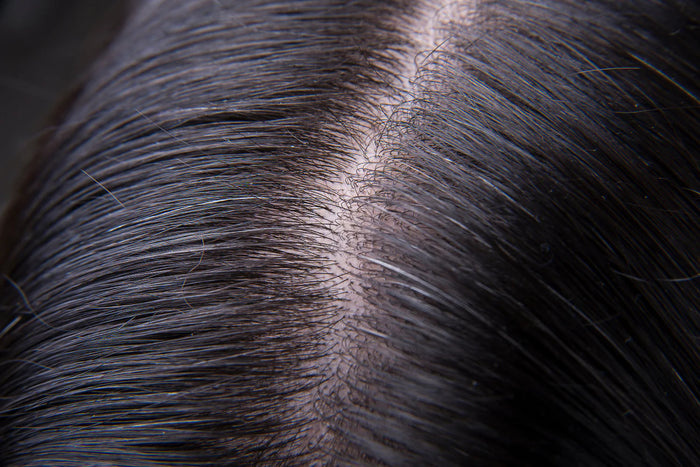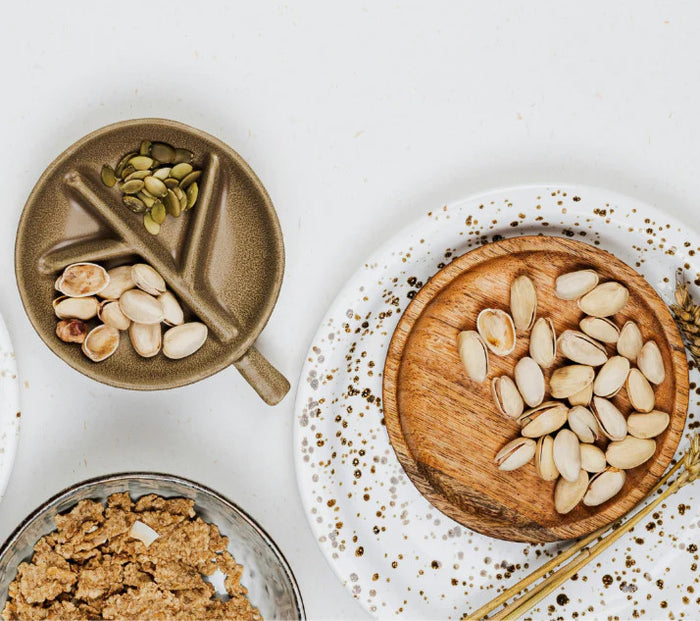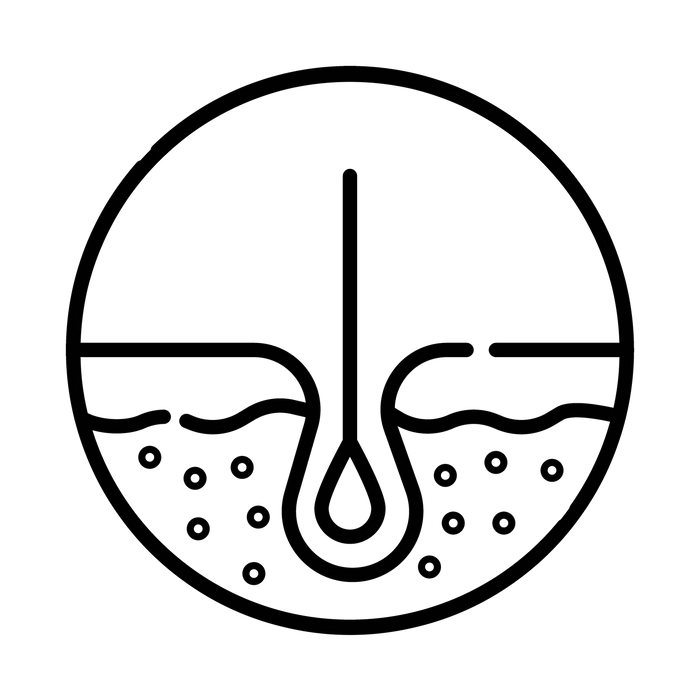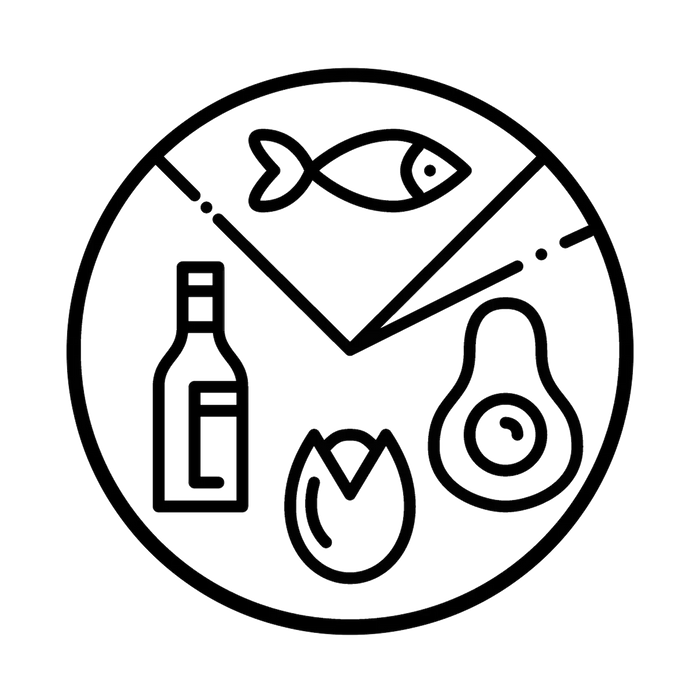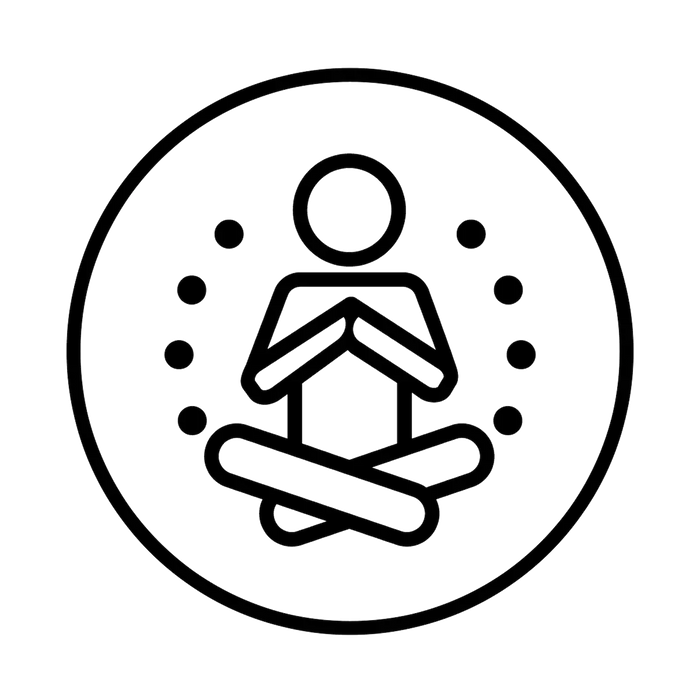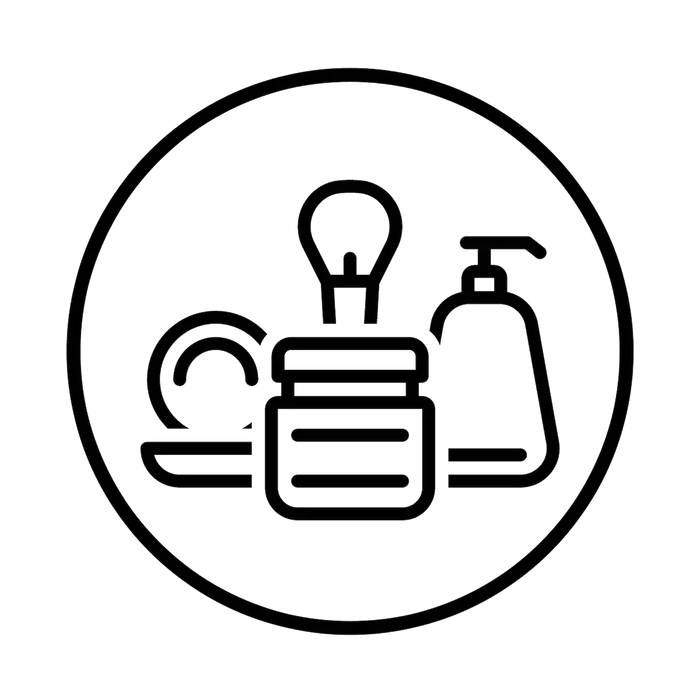Beauty Nutrients
Fat
Fat
- Cell renewal, repair & turnover.
- Slows the aging process.
- Keeps scalp hydrated.
- Anti-inflammatory.
- Opens up hair follicle growth
Protein
Protein
- Skin is primarily 25% protein.
- Produces collagen to fight wrinkles.
- Helps repair tissue.
- Carries nutrients to cells.
- Building blocks for healthy cells.
Carbs
Carbs
- “Good Carbs” high in nutrients.
- Provide energy & fiber. Fiber helps with absorption of nutrients & digest our food.
- Healthy gut is less inflamed, less toxins into the bloodstream.
Zinc
Zinc
- Anti Inflammatory properties, relieves redness & skin irritation. Vital for tissue growth & repair.
- Keeps oil glands around the follicles working at capacity.
- Aids in rapid hair follicle growth. T
- his nutrient maintains skin integrity and structure.
- Slows hair loss.
- Speeds up follicle recovery (thicker hair!)
- Promotes cell reproduction, tissue growth.
Vitamins A, C, D, E
Vitamins A, C, D, E
Essential vitamins synergistically support overall skin and hair health.
Vitamin A: prevents sun damage, fortifies the epidermis, and sustains scalp moisture for vibrant skin and healthy hair
Vitamin C: promotes healthy hair growth, collagen production, and combats dandruff
Vitamin D: regulates skin-cell growth, enhances the immune system, and creates new healthy hair follicles
Vitamin E: neutralizes free radicals, delays aging effects, and hydrates for a healthy scalp and hair.
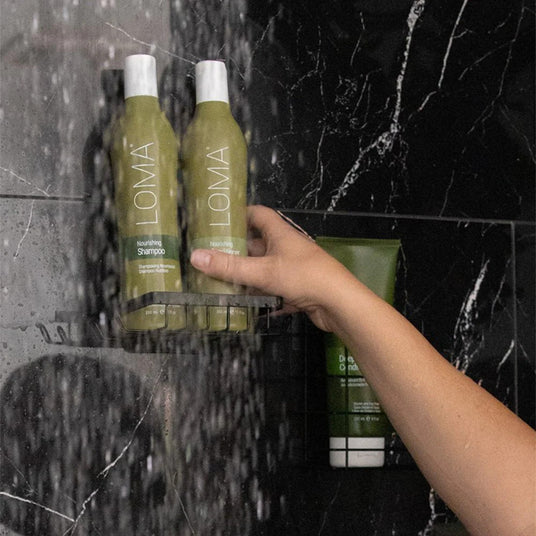
Hair Cycling
The process of creating a routine to support your specific hair type and texture.
A cycle of products that have different purposes but are all working together for a common goal of healthy, nourished hair.
Four to five day regimen and incorporates “rest” days.
Reduces the potential risk of inflammation from active ingredients or products that strip.
Good for everyone!
Superfood Ingredients for Scalp
Rosemary
Rosemary
- Strengthens the scalp, supports hair growth, stimulates the follicles by improving circulation.
- Protects against free radicals & environmental damage.
Celery Seed
Celery Seed
- Anti inflammatory properties, promotes scalp purity and comfort.
- Soothes itch and reduces oil.
- Moisturizing, rich in Vit B, C, E.
Turmeric
Turmeric
- Promotes soft, healthy skin and hair.
- Moisturizing.
- Anti-inflammatory.
Kale
Kale
- Rich in Vitamin C.
- Strengthens dry skin.
- Natural collagen, vitamins & minerals.
Thyme
Thyme
Creates a healthy environment for skin, scalp and hair. Clarifying. Antioxidant. Rich in Vitamin C.
Rice Water
Rice Water
- Adds protein to strengthen hair, increases hair volume, strengthens follicles, repairs hair cuticle damage.
Healthy Hair Pillars
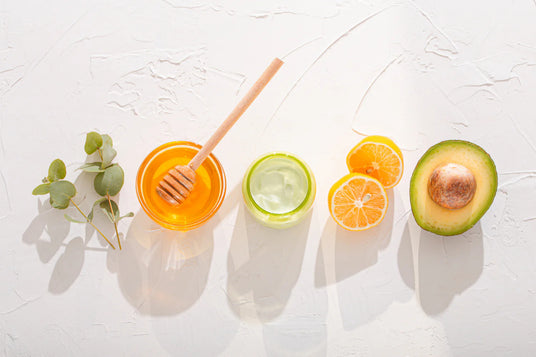
Common Hair Issues
Thinning/shedding/slow growing: Protein, Zinc or Iron deficiency
Early grey: Vitamin B12 deficiency
Dull: Protein, Iron deficiency
Drying/breakage/split ends: Essential fatty acid deficiency
Dandruff/flaky/itchy: Zinc or essential fatty acid deficiency
Oily: Hormone imbalance
Frizzy: Essential fatty acid deficiency
Women make up 40% of all hair loss cases. *American Hair Loss Association
Berries
Berries
Berries are rich in vitamin C and antioxidants—both of which are key to protecting your hair and boosting collagen, which is essential for strengthening hair and keeping your tresses hydrated and smooth.
Leafy Greens
Leafy Greens
- While kale is a health food powerhouse, spinach is the true star. It has vitamin A and additional vitamin C, but also a great source of iron.
- While vitamin A helps the scalp to produce sebum, which moisturizes your scalp and hair, and iron promotes hair growth and repair.
Eggs
Eggs
Eggs are essential for two reasons: they are a great source of protein—which is key in preventing hair loss—and they are high in biotin, a vitamin known for its hair-growing powers.
Legumes
Legumes
Nuts contain vitamins B and E, zinc, and fatty acids—all of which aid in overall hair health. Beans are also rich in zinc and contain additional hair-helping nutrients like biotin, iron, and folate.
Vegetables
Vegetables
Red and yellow sweet bell peppers and sweet potatoes contain high concentrations of vitamin C, vitamin A, and beta-carotene.
Avocados
Avocados
Avocados are packed with vitamin E and healthy fats that can repair hair damage.
Seafood
Seafood
Shellfish are a good source of vitamin D and salmon has omega-3 fatty acids to promote healthy, shiny hair.
